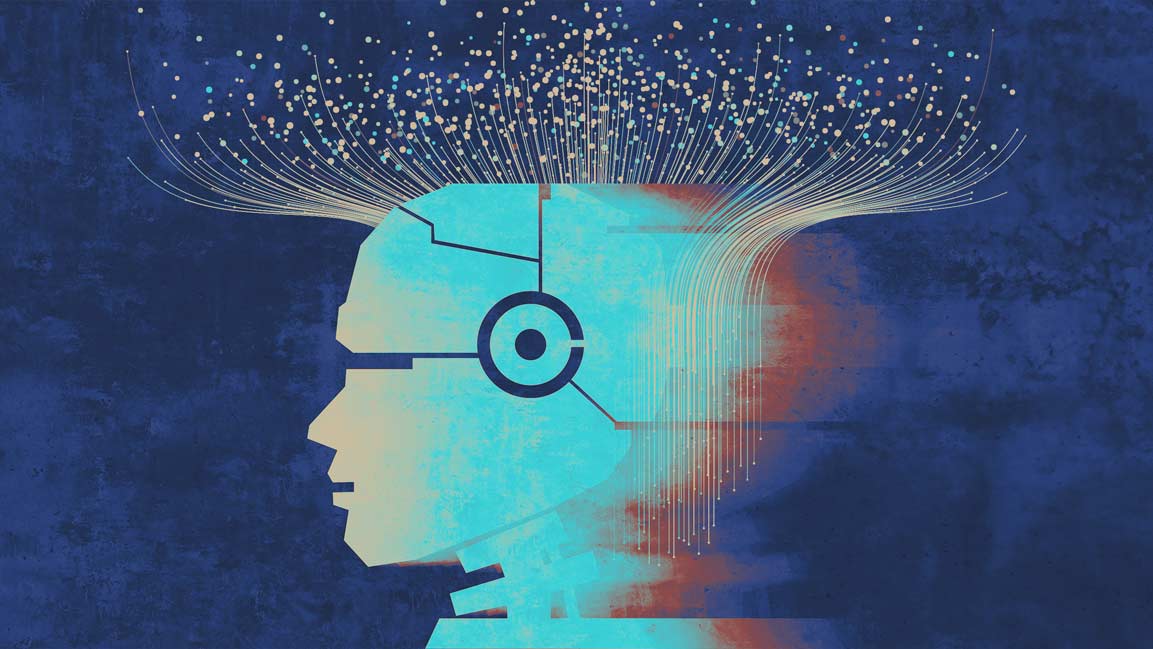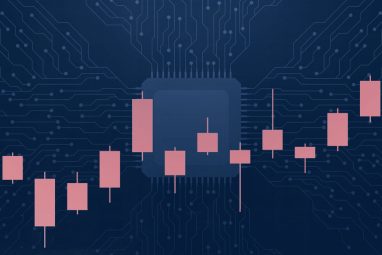Enterprises Eye Agentic AI But Trust Issues Remain, GlobalData Says
From DevOps pipelines to hospital floors, agentic AI wants in, but enterprises aren’t sure how much leash to give, study says
Topics
News
- Adani Power Sets Up Nuclear Subsidiary
- Musk Unveils xAI Overhaul, Lunar AI Ambitions
- Former GitHub CEO Dohmke Raises $60 Million to Build AI Code Infrastructure
- Leadership Shakeup Deepens at xAI as Two Co Founders Exit
- India Slashes Social Media Takedown Window to Three Hours
- Cisco Moves to Relieve AI Data Center Gridlock With New Chip

Agentic artificial intelligence (AI), touted as the next leap in enterprise automation, is gaining traction across industries from finance to healthcare, though analysts warn adoption will hinge on proving tangible business value.
Agentic AI, or systems capable of making autonomous decisions with limited or no human supervision, will play a front-and-center role in transforming enterprise software into “AI-native” stacks, a new report released this week by data and analytics firm GlobalData said.
These agents, or software programs designed to interact with their environments and execute tasks independently, are already being deployed in areas ranging from customer service to industrial monitoring.
“Agentic AI holds much promise for improving efficiency, reducing costs, and enhancing customer experience,” said Isabel Al-Dhahir, Principal Analyst at GlobalData. “But enterprise adoption will require confidence that these tools can add demonstrable business value, a detail that remains subject to ongoing skepticism. The greater autonomy and methodical approach to reasoning, problem-solving, and decision-making should see agentic AI capable of far more than previous iterations of generative AI tools. The next step is crafting these agents for practical high-value use cases.”
The ecosystem is growing quickly, with system integrators, startups and Big Tech all developing frameworks, platforms and tools. For companies unwilling or unable to build their own, pre-packaged AI agents are proliferating. GlobalData cites examples such as earnings analyzers, video script generators and customer profile builders, with dozens of industry-specific solutions already available.
The promise is especially acute in complex environments such as hospitals or industrial plants, where multiple agents can handle specialized functions.
GlobalData said the industry is also pinning high hopes that “agentic DevOps” can improve on the past successes of robotic process automation (RPA) by enhancing continuous integration/continuous delivery processes and infrastructure as code pipelines.
Agentic DevOps refers to the integration of autonomous AI agents into DevOps practices, such as code assistance, to realize systems that enhance automation, decision-making, and operational resilience.
For both developers and enterprises, GlobalData cautioned that agentic AI is a very different proposition. The firm recommended that organizations proceed cautiously regarding how much initial autonomy is given to AI agents in DevOps. Impediments to progress include hallucinations in foundational models and the difficulty of migrating legacy software into AI-native designs.
“Not all agentic AI projects will succeed,” said William Rojas, Research Director at GlobalData. “Many will fail as developers cultivate best practices for designing, building, testing, and validating agentic AI systems. Over time, enterprises will seek to transform their software stack into an AI-native architecture. AI agents will play a critical role in facilitating this journey.”
“Integrating agentic AI into existing processes is going to be the critical challenge; clearly, it will take time for organizations to fully embrace agentic AI. Nevertheless, agentic AI will play a front-and-center role in transforming AI-native architecture,” Rojas added.






